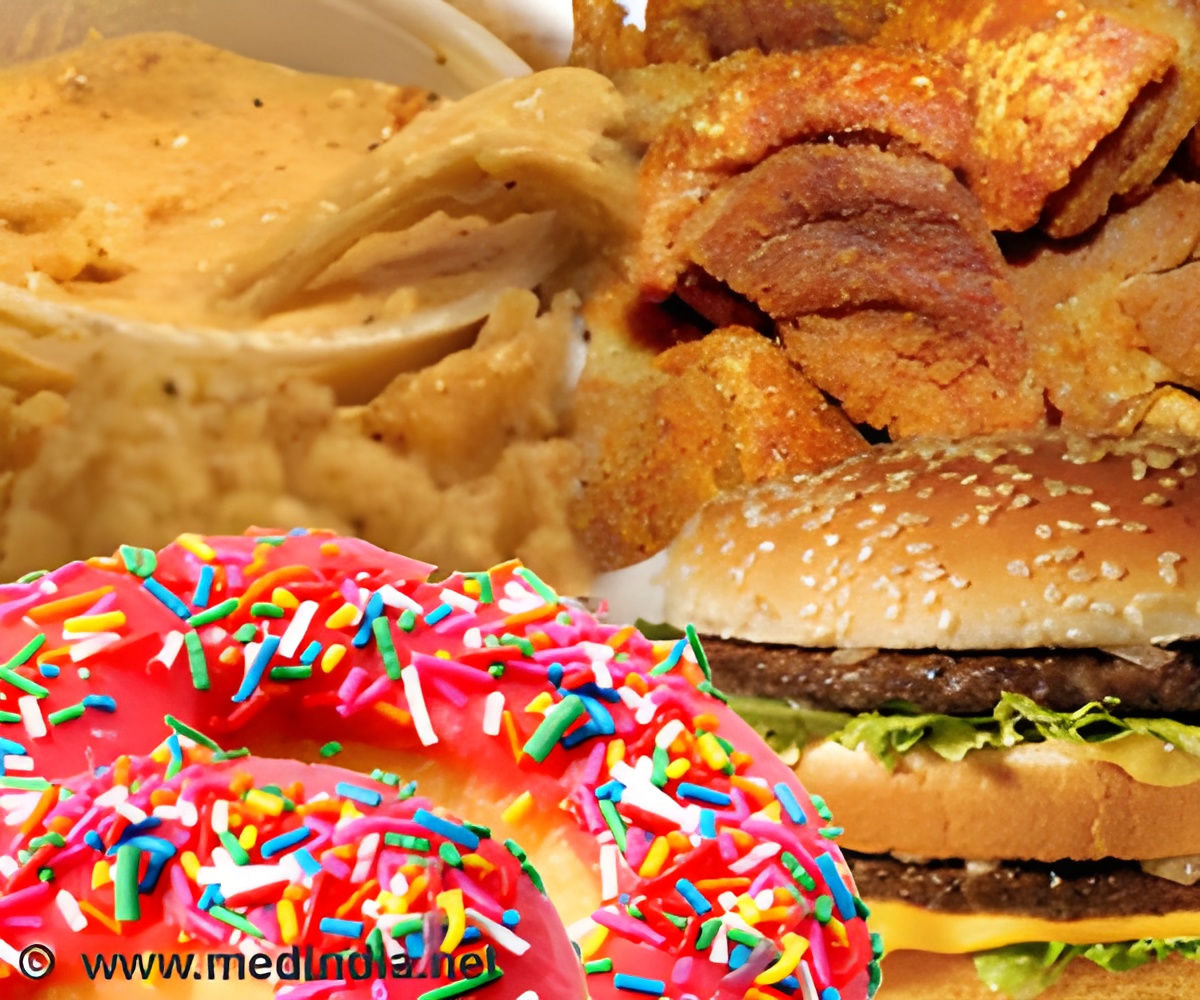Male brain development was affected by a high-fat diet in pregnant mice when compared to female mice.

‘While being or becoming overweight during pregnancy can have potential health risks for moms, there are also hints that it may tip the scales for their kids to develop psychiatric disorders like autism or depression.’





Males, but not females, born by moms on a high-fat diet lacked a preference for simple syrup over tap water. This rodent-like depression suggested to Ceasrine that mom’s nutrition while pregnant must have changed their male offspring’s brain during development.
Mood Disorders Induced by Maternal High-Fat Diet
One immediate suspect was serotonin. Often called the “happy” chemical, serotonin is a molecular brain messenger that’s typically reduced in people with depression.Supplementing mom’s high-fat rodent chow with tryptophan, the chemical precursor to serotonin, restored males’ preference for sugar water and brain serotonin levels. Still, it was unclear how fat accumulation in mom lowered serotonin in their offspring.
Microglia are the understudied Swiss Army knives of the brain. Their jobs include serving as a security monitor for pathogens as well as a hearse to haul away dead nerve cells. Microglia also have ample space and appetite to consume whole healthy brain cells.
To see if microglia were overindulging in serotonin, Ceasrine analyzed the contents of their cellular “stomach”, the phagosome, with 3D imaging, and found that males born to moms on high-fat diets had microglia packed with more serotonin than those born to moms on a typical diet. This indicated that elevated fat accumulation during pregnancy somehow signals through the male, but not female placenta, to microglia and instructs them to overeat serotonin cells. How fat can signal through the placental barrier remained a mystery, though.
“There's a lot of evidence that when you eat a high fat diet, you actually end up with endotoxemia,” Ceasrine said. “It basically means that you have an increase in circulating bacteria in your blood, or endotoxins, which are just parts of bacteria.”
Advertisement
To see whether this may be true of humans as well, Ceasrine teamed up with Susan Murphy, Ph.D., a Duke School of Medicine associate professor in obstetrics and gynecology, who provided placental and fetal brain tissue from a previous study. Just as the researchers observed in mice, they found that the more fat measured in human placental tissue, the less serotonin was detected in the brains of males but not females.
Advertisement
For now, this research highlights that not all placentas are created equally. This work may one day help guide clinicians and parents in better understanding the possible treatment or prevention of the origins of some mood disorders by considering early environmental factors, like fat accumulation during gestation.
So, why would the placenta treat male and female fetuses differently? Ceasrine was initially stumped when a student asked a similar question after a talk she gave to Bilbo’s class. Bilbo laughed and reiterated the question. But now they think that they have it figured out.
Source-Eurekalert















